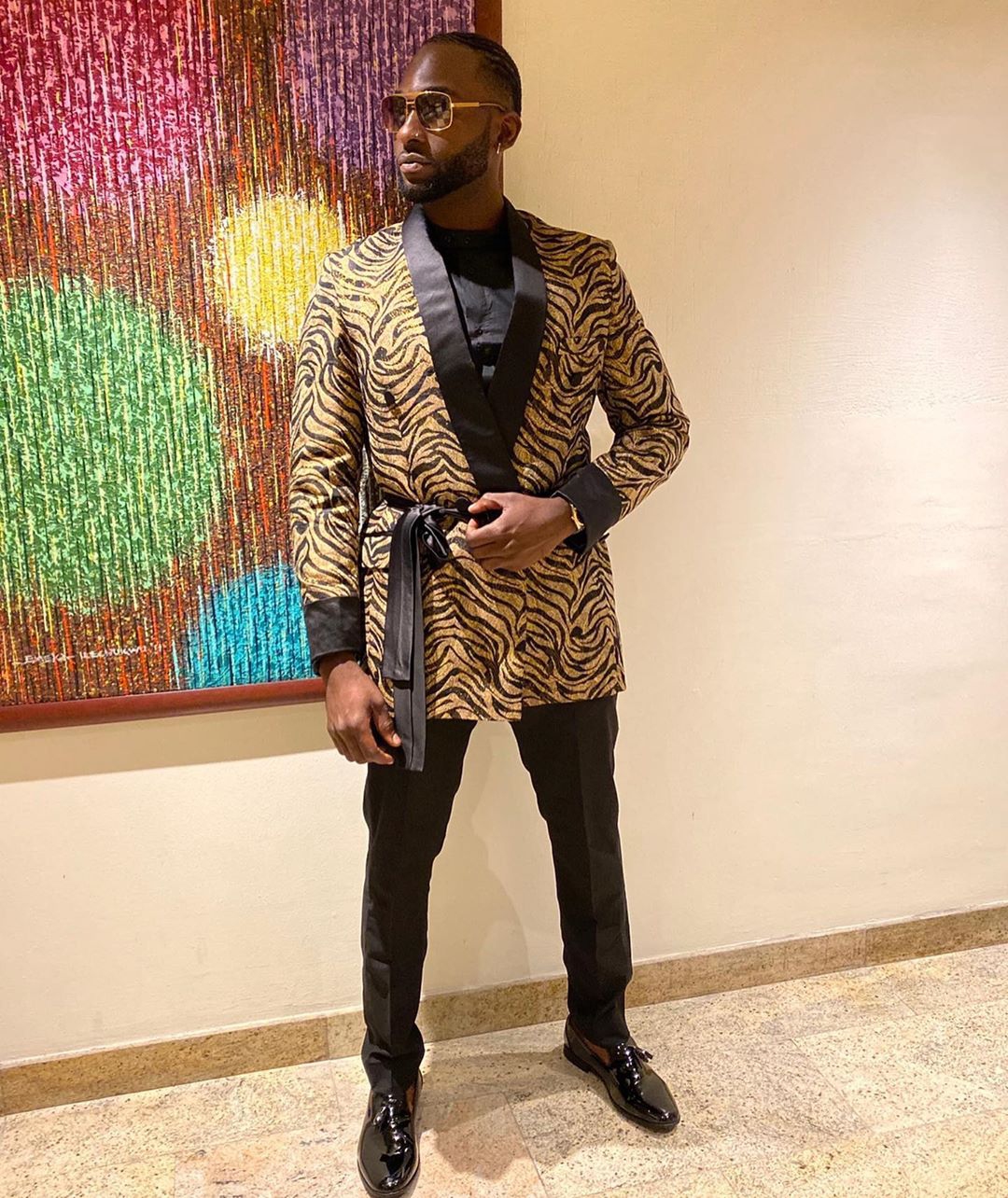Nollywood
“We are still good” – Gbenro Ajibade talks Osas Ighodaro in new Interview

Gbenro Ajibade
A few months back, social media went frenzy when Gbenro Ajibade spoke about his estranged wife, Osas Ighodaro, abandoning their daughter and it seemed like the couple were at loggerheads.
In a new interview with Saturday Beats, the actor disclosed he still loves and respects his ex-wife despite the fact that their marriage didn’t work out.
Ajibade said: “I still have a good relationship with her (Osas); it’s still good. We are still good, regardless.”
On why he criticised Osas publicly:
I didn’t ‘call her out’ (criticise her publicly); I was just using Instagram as a tool to save the situation. But unfortunately, decisions were made and I had to agree (with them).
Do you think I wouldn’t have tried other means? People will definitely say what they have to say, they will never understand. I still have love and respect for her, regardless. If not for everything, we have a child. A baby is not born to carry the burden of the father and mother.
On the lessons learnt from the ordeal:
I cannot tell you what I have learnt because the experience is personal. That is why I said I am grateful because the experience has helped me a lot. It has helped me to be a better person. Regardless, I will always be there for my daughter. I still have love and respect for her. She is still a good woman. The fact that things didn’t work out well doesn’t mean we have to bear grudges and all of that. We have gone beyond that.
On coming back to Nigeria from the US:
I miss all the craziness and the freedom about Nigeria. Apparently, you can just behave anyhow (you like) in Nigeria. I miss working in Nigeria, even though I was also working in the US. I won’t say I really miss the food because I know how to cook basically everything and I cooked every day in Atlanta.
I learnt how to cook from my mum because we (children) were five boys and one girl. So my mum had it at the back of her mind that being boys shouldn’t exempt us from cooking. She made us pound yam, and cut okra and vegetables. At that time, we felt it was punishment but I am grateful for that now.
Read the full interview on Punch.




















